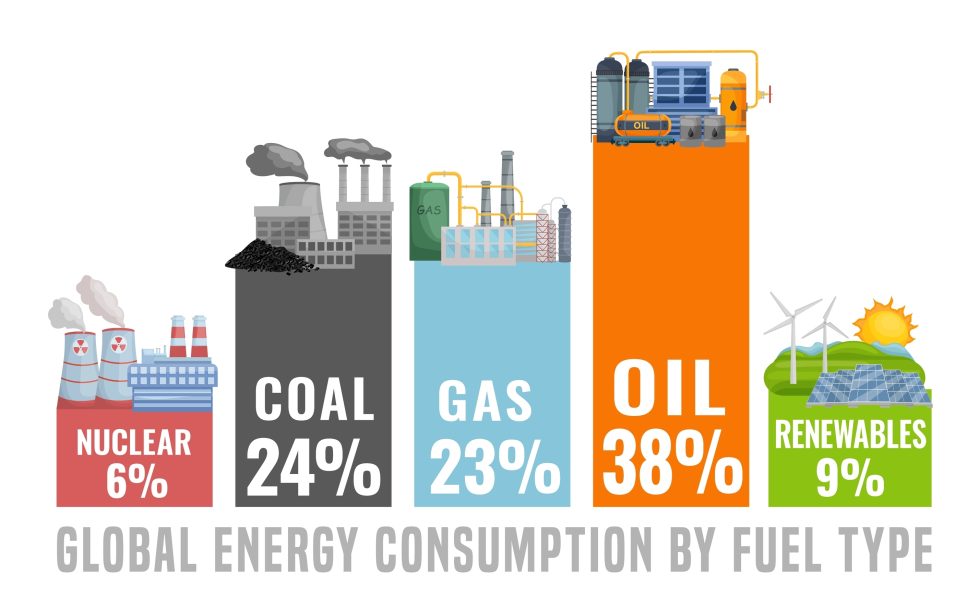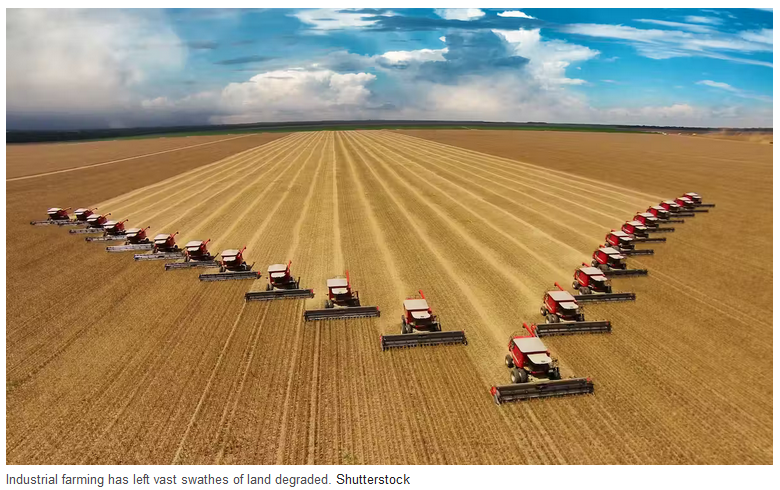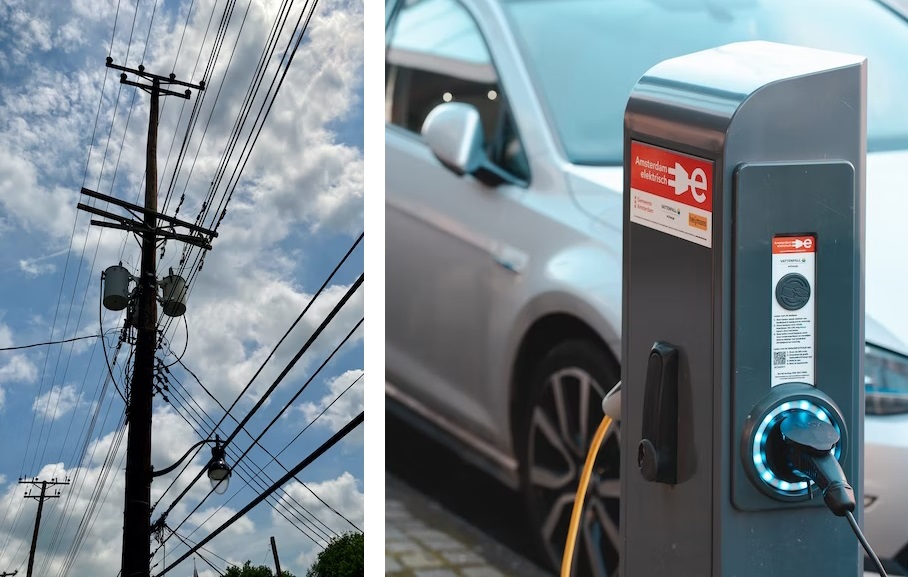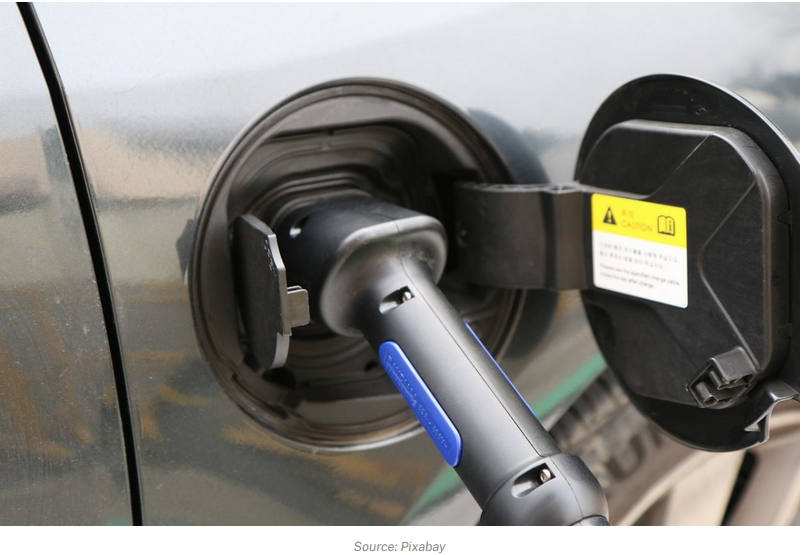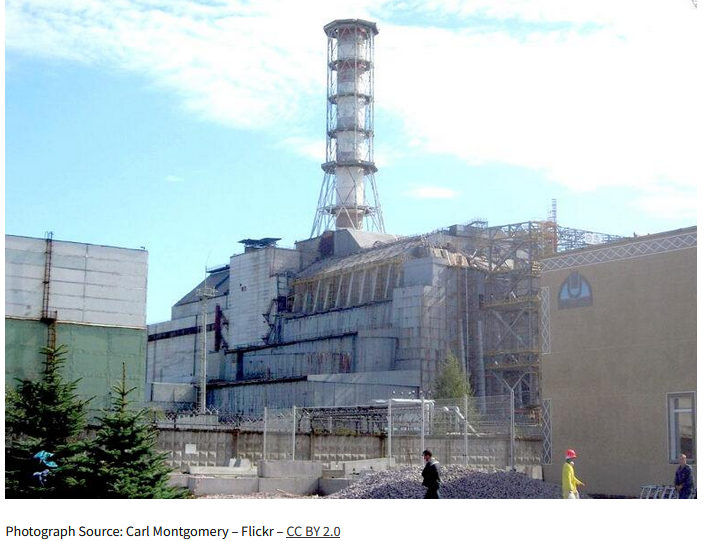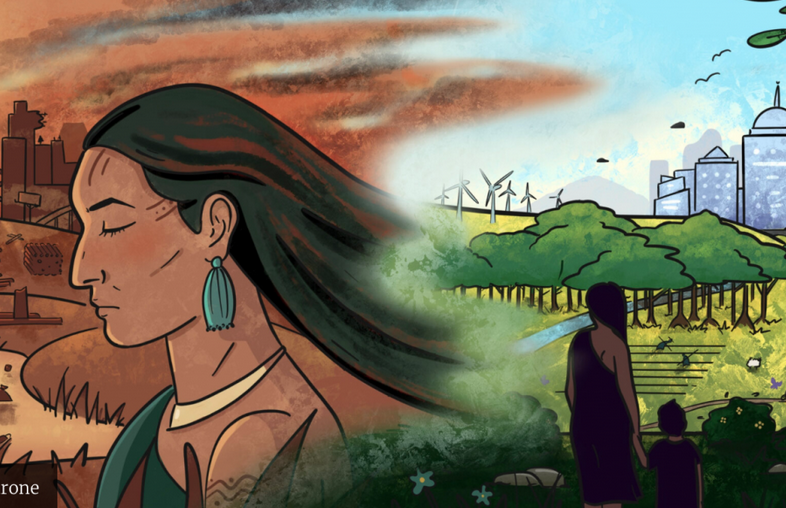Topic: Less of What We Don’t Need
-

How to Rapidly Reduce Fossil Fuel Use
—
by
The economic rebound from the COVID-19 shutdowns generated the largest ever increase in global emissions from fossil fuels in 2021—around 2 billion tons. The market has failed to guide the global economy to a fossil-fuel-free future. Market-based approaches tend to reinforce the status quo rather than transform the structures that have created the problem in…
-

‘Regenerative agriculture’ is all the rage – but it’s not going to fix our food system
—
by
Decades of industrial agriculture have caused environmental and social damage across the globe. Soils have deteriorated and plant and animal species are disappearing. Regenerative agriculture is one alternative creating a lot of buzz, especially in rich, industrially developed countries. The term “regenerative agriculture” was coined in the 1970s. It’s generally understood to mean farming that improves, rather than degrades,…
-

Transportation within our means: initiating the conversation overdue
Last year, my husband spent $3500 to keep his 2003 Subaru running. In the last two months, he patched two flat tires rather than buy a new set for $1000. A 2010 Subaru Forester costs $10,499, which we don’t have. What to do? We aim to live within our financial and ecological means—and he needs…
-

Tipi Erected At Thacker Pass; Law Enforcement Issues Final Warning
—
by
Peehee Mu’huh, Nevada – On Thursday, the Humboldt County Sheriff’s department issued a final warning to Indigenous land defenders at Thacker Pass. Members of law enforcement are demanding that the land defenders vacate a service road leading into the lithium mining operation. The Indigenous land defenders have erected a tipi on a proposed water line,…
-

Top 10 Reasons NOT to Subsidize Electric Car Industry
—
by
Recently Canada’s Liberal government announced $13 billion in support to attract Volkswagen to establish an electric car battery production facility halfway between Toronto and Detroit. The German auto manufacturer will set up its factory on “1,500 acres of prime agricultural land” in St. Thomas, Ontario. The government claims its motivation is ecological. The St. Thomas factory will be…
-

The Chernobyl Accident and Some Lessons for Zaparozhye
—
by
Focusing on Chernobyl, the disaster arguably destroyed the Soviet Union, caused more than a million cancer deaths in Europe, together with a significant increase in genetic diseases, and premature ageing in the most exposed populations like those of Belarus and Ukraine. What the accident also revealed, was the failure of the radiation risk model based…
-

The Dam-Building Spree in Arunachal Pradesh Is Taking a Toll on its Biodiversity
—
by
Tone Mickrow, a member of the indigenous Idu Mishmi community, lives a few hours’ drive from Etalin – the proposed site of what has been envisaged as India’s largest dam. … Since the inception of Etalin 14 years ago, the Idu Mishmis have opposed the project on the grounds that it will devastate their livelihoods…
-

Digital enlightenment: an invitation
A few years ago, an engineer told me that calculating my carbon footprint by my monthly utility bill is like weighing an elephant by putting only the tip of its tail on the scale. Because, he said, buying any mass-produced item, including an “energy-efficient” tablet, an “energy-saving” appliance or even a solar PV system means…
-

Norway: Thousands of Youth Demonstrated against “Green Colonialism”
—
by
From the end of February to the beginning of March, over a thousand youth protested against the construction of wind turbines on Sami land. This movement represents the birth of a militant, Indigenous-led environmentalist movement. Although the movement forced the current government to meet with movement’s leaders, unfortunately nothing was won; the demonstration ended without…
-

Raw Materials, or Sacred Beings? Lithium Extraction Puts Two Worldviews Into Tension
—
by
Located in the heart of South America, Bolivia contains the largest lithium deposits in the world… In January 2023, state company YLB signed an agreement with the Chinese consortium CBC, which includes the world’s largest producer of lithium-ion batteries, to introduce a new method called direct lithium extraction… In particular, direct lithium extraction demands a great deal of fresh water, potentially endangering surrounding ecosystems as…

